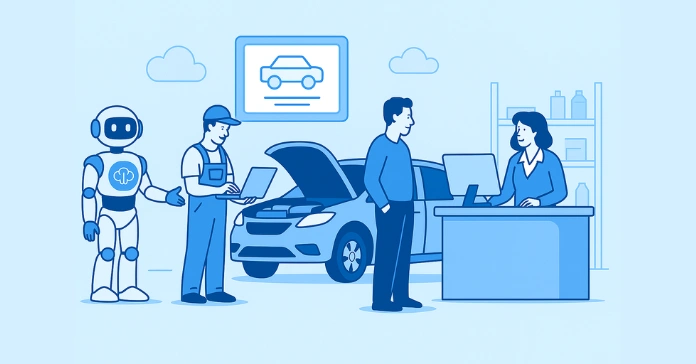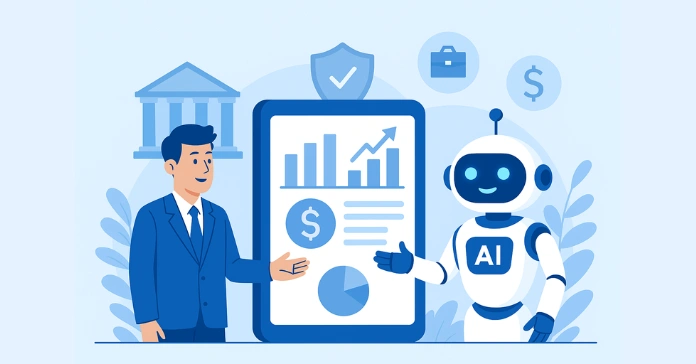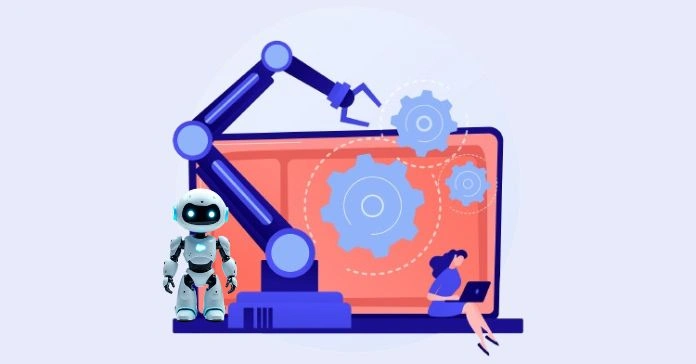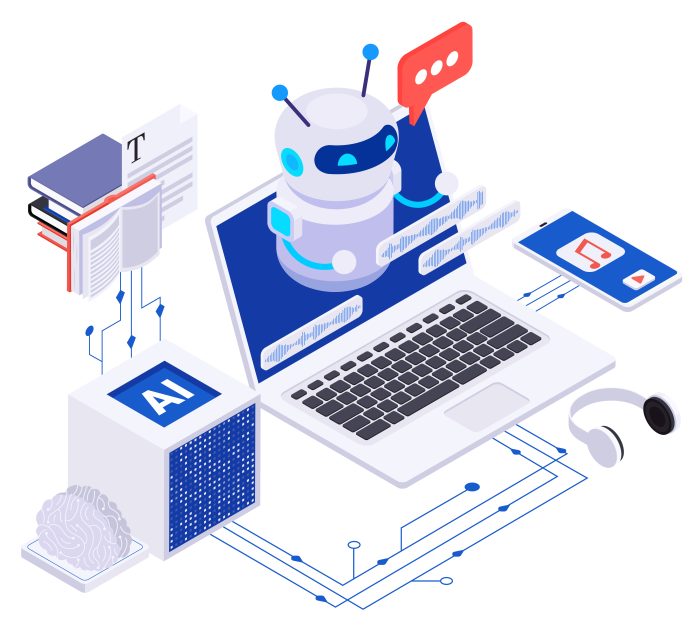Salesforce has officially announced the launch of Agentforce 360, a transformative AI platform designed to redefine how enterprises use artificial intelligence. Positioned as the foundation for what Salesforce calls the Agentic Enterprise, Agentforce 360 unites people, data, and autonomous AI agents in a single trusted ecosystem.
Take a look back at the previously launched Salesforce Agentforce 3
What Is Agentforce 360?
Agentforce 360 builds upon Salesforce’s earlier AI initiatives, evolving from basic generative features into fully capable AI agents that can act, decide, and collaborate across business workflows. The platform connects directly with Salesforce’s Data Cloud, Customer 360, and Slack, creating an environment where intelligent agents can perform tasks, communicate with teams, and automate processes with context-driven precision.
Unlike traditional AI assistants that respond to prompts, Agentforce 360 is designed to take meaningful action. It can execute tasks such as updating records, summarizing data insights, scheduling follow-ups, or assisting sales representatives with deal intelligence. The platform combines structured business logic with advanced reasoning, ensuring that every action is grounded in real enterprise data.
Key Features and Innovations
The launch of Agentforce 360 introduces several groundbreaking capabilities that aim to accelerate enterprise adoption of agentic AI:
- Agentforce Builder – A centralized interface for creating, testing, and deploying AI agents without complex coding. Teams can design custom logic using natural language or visual workflows.
- Agent Script – A structured, human-readable framework that defines agent behavior through conditional logic, improving predictability and governance.
- Hybrid Reasoning Engine – An intelligent core that merges deterministic rules with generative reasoning, enabling agents to make balanced, reliable decisions.
- Agentforce Voice – Natural conversation capabilities that allow agents to interact through speech, handle calls, or assist with voice-enabled customer experiences.
- Slack Integration – Deep connectivity with Slack that brings agents directly into the collaborative workspace, letting users trigger workflows, access data, or delegate tasks through chat.
- Observability and Monitoring – Built-in tools for tracking agent activity, decision steps, and performance metrics to ensure transparency and compliance.
Together, these components make Agentforce 360 not just an AI layer but a comprehensive operating system for intelligent automation across Salesforce applications.
Take a look at What Every Salesforce Admin Should Know to Get Started with Agentforce for Admins.
Why It Matters for Enterprises
The introduction of Agentforce 360 marks a critical shift from AI assistance to AI autonomy. Many organizations have struggled to move beyond proof-of-concept projects due to challenges in scalability, data readiness, and governance. Agentforce 360 is Salesforce’s response to these barriers, offering a scalable framework that combines trust, transparency, and actionability.
By connecting directly to enterprise data, these agents can perform meaningful tasks while adhering to strict compliance standards. This helps teams reduce manual workloads, improve decision accuracy, and enhance customer engagement through personalized, real-time insights.
Businesses across industries can leverage the platform to automate lead qualification, handle service requests, optimize marketing campaigns, and even streamline supply chain operations. The ability of agents to collaborate seamlessly with human workers also ensures that automation remains guided by human oversight and intent.
Challenges and Considerations
Despite its promise, implementing agentic AI at scale requires preparation and maturity. Companies must ensure that their data pipelines are clean, connected, and secure to enable reliable agent performance. Governance frameworks must also evolve to handle the ethical and regulatory implications of autonomous systems operating in real business environments.
Moreover, successful deployment depends on user trust and adoption. Employees must feel confident delegating repetitive or analytical tasks to AI while retaining control over strategic decisions. Salesforce has built transparency and traceability into Agentforce 360 to address these concerns, giving organizations visibility into every reasoning step and outcome generated by agents.
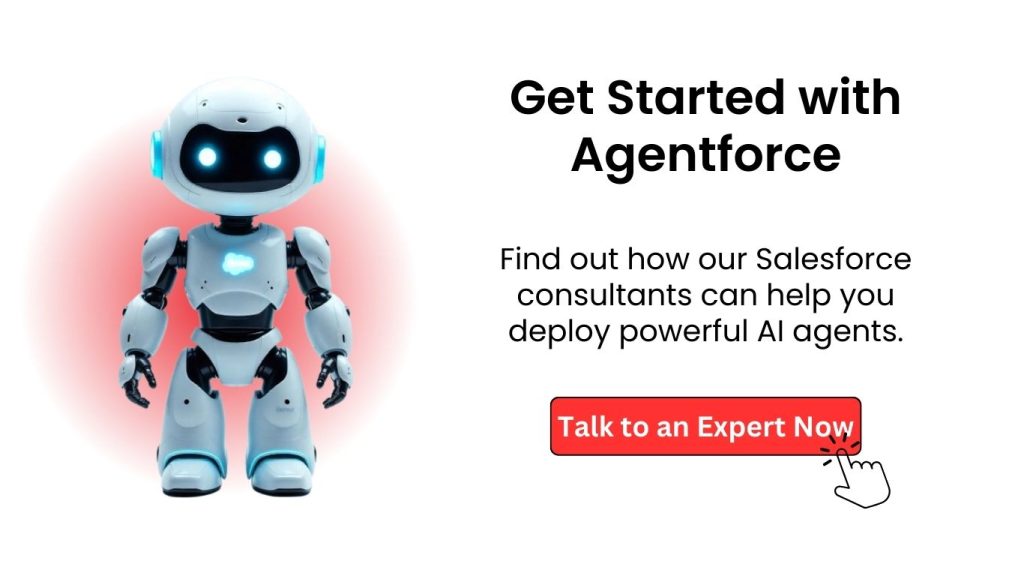
The Road Ahead
With Agentforce 360, Salesforce is positioning itself at the forefront of the global shift toward agentic AI. By merging the reliability of structured data with the adaptability of large-language-model intelligence, the company envisions a future where AI becomes an active business participant rather than a background tool.
As enterprises race to scale AI solutions beyond prototypes, Agentforce 360 offers a unified path forward, one that blends automation, intelligence, and human collaboration in a single trusted ecosystem.
This launch signals more than a product introduction; it represents a defining moment for enterprise AI. If Salesforce delivers on its vision, Agentforce 360 could transform how organizations operate, driving productivity, creativity, and innovation in ways that redefine digital business in the coming decade.
For more details, take a look at the Salesforce website.
Explore Agentforce in Various Industries
